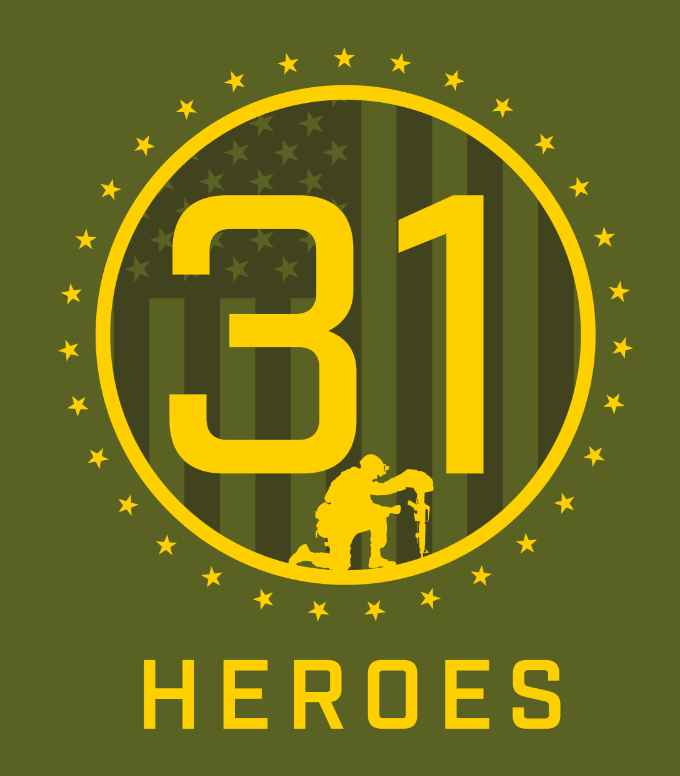A Letter to My Younger Coach Self
Reflecting on my journey as a coach, I’ve compiled a list of invaluable insights that I wish I could share with my younger self. These ten lessons represent a culmination of experiences, failures, and triumphs, each offering a profound wisdom that has shaped my approach to coaching and life itself. Join me as I delve into the essence of these lessons, crafted from years of dedication, growth, and self-discovery, aimed at guiding and inspiring the coach I once was and those who embarked on a similar path.
My Top Ten list for my younger self
1. Learn how to never be your athletes’ last coach.
You will need a lot of arrows in your quiver to hit that target, so gather arrows from skilled coaching craftsmen in any sport, not just lacrosse.
2. Success is a journey, not a destination.
The process you are working on is far more important than the outcome. The score will take care of itself.
3. Make your gym a fun Exploratorium.
You will meet an Olympic coach who will teach you that word named Bill Neville – listen to his stories, for players retain facts more from stories rather than just being told the facts. Make sure you are practicing for performance and not just to have practice look good.
4. Focus on the science, the facts, of learning, and worry far less about other’s opinions.
You will meet a guy named Carl McGown in 1975 and he will share with you for the rest of his life what is happening in Motor Learning Science, and while you will find most coaches don’t like what the science is showing, stay the course.
5. The most dangerous words in any organization are “We’ve always done it this way.”
The first female admiral in the Navy, who likely oversaw your dad’s captaincy of his ship in World War II, said those powerful words. Seek to grow and change, no matter what the failures along the pathway. Your words have power. Make them inspiring, not insulting, as you believe in them. You will be a better teacher if you get rid of the words try (gives an unneeded excuse), but (change to and so they can hear your belief in them), and don’t (your brain, where it all gets stored/learned, does so positively and you can’t teach a negative).
6. Play more; Drill far less. Listen & Watch more; Talk far less; Praise more; Criticize far less
In the end, you will find you need not criticize at all if you learn your players’ reasons and hopes for being in your gym. GUIDE their discovery of the who, what, when, where, why, and how in everything, through questions, not telling them what to do.
7. It’s far more about the relationships than it is about winning.
Develop amazing leaders and citizens, not just scoreboard winners, by empowering and guiding the discovery of your players, not telling them what to do. When you see your former players start giving back to the sport by coaching or being great parents, you will find that they don’t remember the victories, but they will remember how you treated them. Winning and losing are temporary, but friendships last forever, so befriend your opponents – players, coaches, and administrators, and they will bring you many of the most valuable relationships in your life ahead. Focus on having conditional relationships with each player, but unconditional ones with each as a person.
8. Culture transcends Talent. Hustle beats talent when talent doesn’t hustle.
Hustle makes up for many a mistake. The culture you start with on your field, and promote over the season, will be powerful and important. Get them to be curious, never furious, and recognize failure as part of learning things, both new and still developing, as the errors are not being done on purpose.
9. Measure what you value.
Catch them being good. Be the most realistic positive force in the gym, and perhaps their lives.
10. That which you teach, you learn.
As medical residents learn about their motor skills called surgery – See one, Do one, Teach one. Get your players at ALL ages teaching younger players, even 4th graders teaching 2nd graders.
